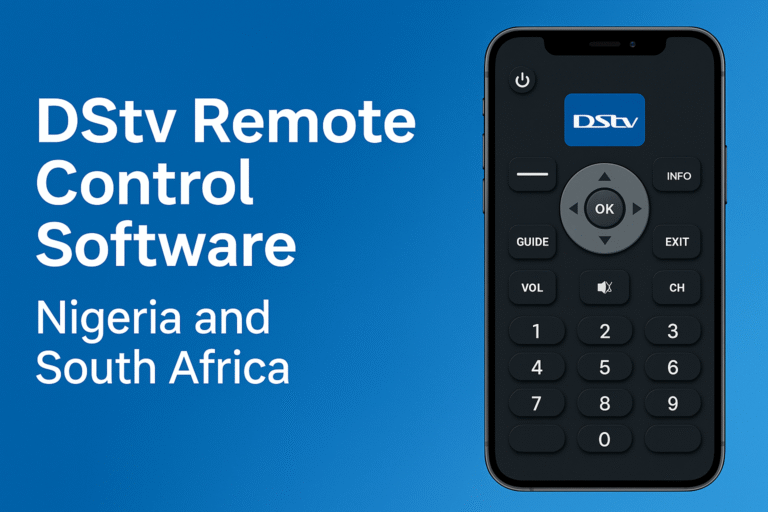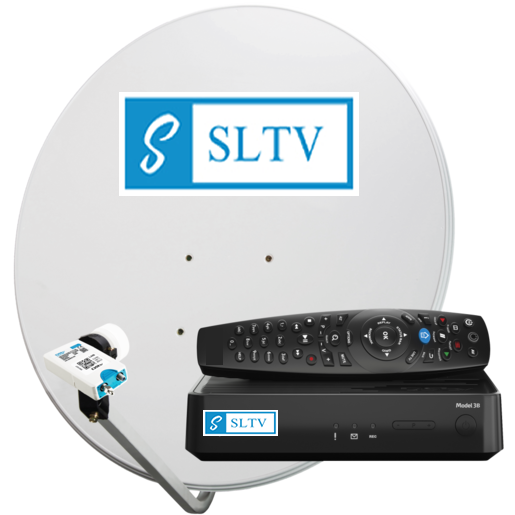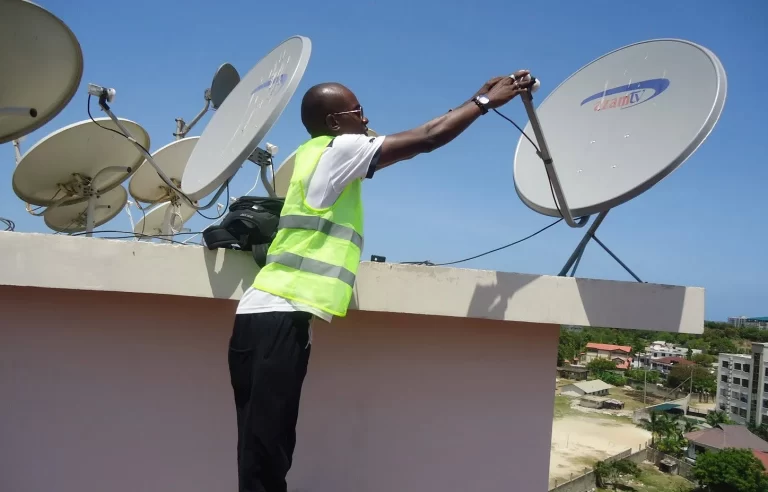As Nigerians continue to groan over the proposed subscription tariff increment by MultiChoice DStv come April 1st, the Consumer Protection Council CPC has regretfully admitted its inability to checkmate DStv monopoly and consequent high tariff. This report as aired on National news few days ago, followed thousands of petitions received by CPC against the planned tariff hike by the digital satellite pay-tv giant, DStv.
In a press conference, the Director-General of the CPC Mrs. Dupe Catherine Atoki explained that the laws guiding the operations of CPC does not yet tackle monopoly saying that the later is purely a market force phenomenon. The DG also said that among all petitions received from the public in recent times, the public outcry against DStv tariff increase was the highest in number. She therefore urged the owners of DStv in Nigeria, MultiChoice Africa to work towards adopting the pay-as-you-view platform to reduce the plight of Nigerian consumers by adding value to the money they pay.
The Consumer Protection Council CPC is a prime public entity for protection of consumer rights in Nigeria. Although the CPC has been saddled with the responsibility of enhancing Nigerian consumer interests, enforcing appropriate standards for goods and services and promoting an environment of fair and ethical trade practices, it would not function optimally if laws to checkmate exploitation through monopoly of service are not enacted for it. If CPC cannot help millions of Nigerians who have been caught in the exploitative trend of DStv increasing tariff, who can?
When MultiChoice started circulating the information about their proposed tariff hike for DStv, they blamed operational cost for the gesture. The cost of operation as per MultiChoice would definitely entail cost of taxes, law enforcement, piracy and many more. For some benefit of doubt, the Government can organize a platform where technocrats and general stakeholders would come together to find the way forward to curb this ugly trend. Furthermore, the regulatory agencies that cater for the ICT as well as digital satellite and cable TV industries should be empowered more with necessary laws to enable them tackle excesses from organizations within the industry
Have you imagined a home without an efficient super TV entertainment system? It is almost unimaginable let your DStv subscription expire as many Nigerians find their homes boring without DStv. Now that the odds to maintain this service is too high and there is no significant alternative in sight, millions of Nigerians are now caught “between the devil and the deep blue sea”.
Our hope against monopoly of DStv is the Government through the Consumer Protection Council CPC, the Nigerian Communications Commission, the Nigerian Broadcasting Corporation and the Houses of Assembly. Nigerians also wonder what agencies like the NCC is doing concerning the DStv planned tariff increment. This is the best time to correct present anomalies and save future reoccurrences as a stitch in time will definitely save nine.










